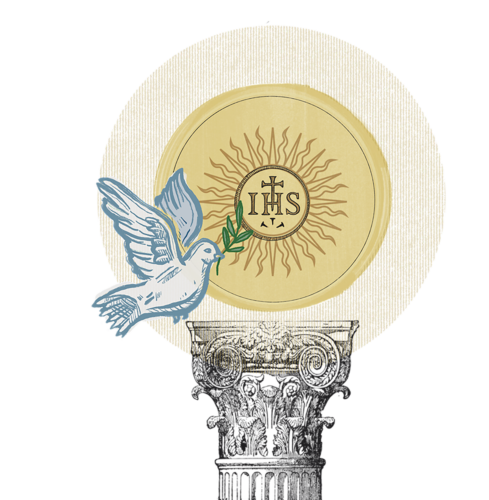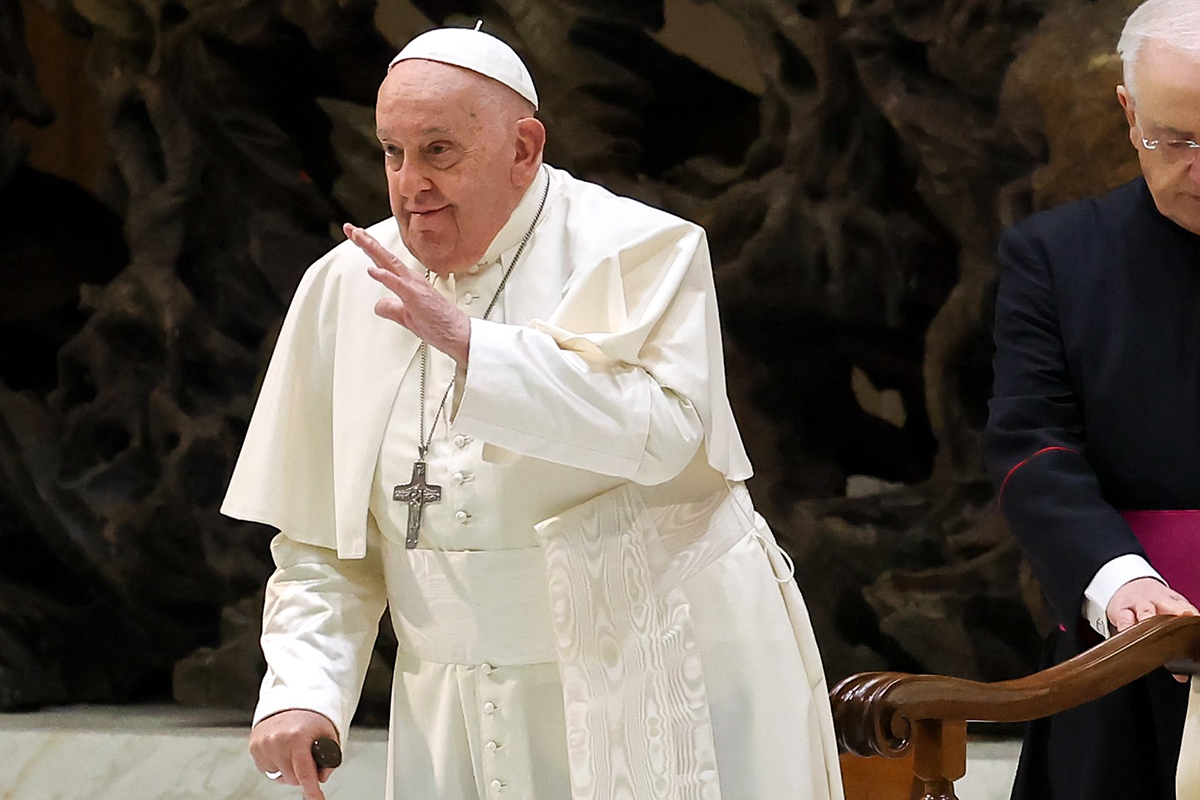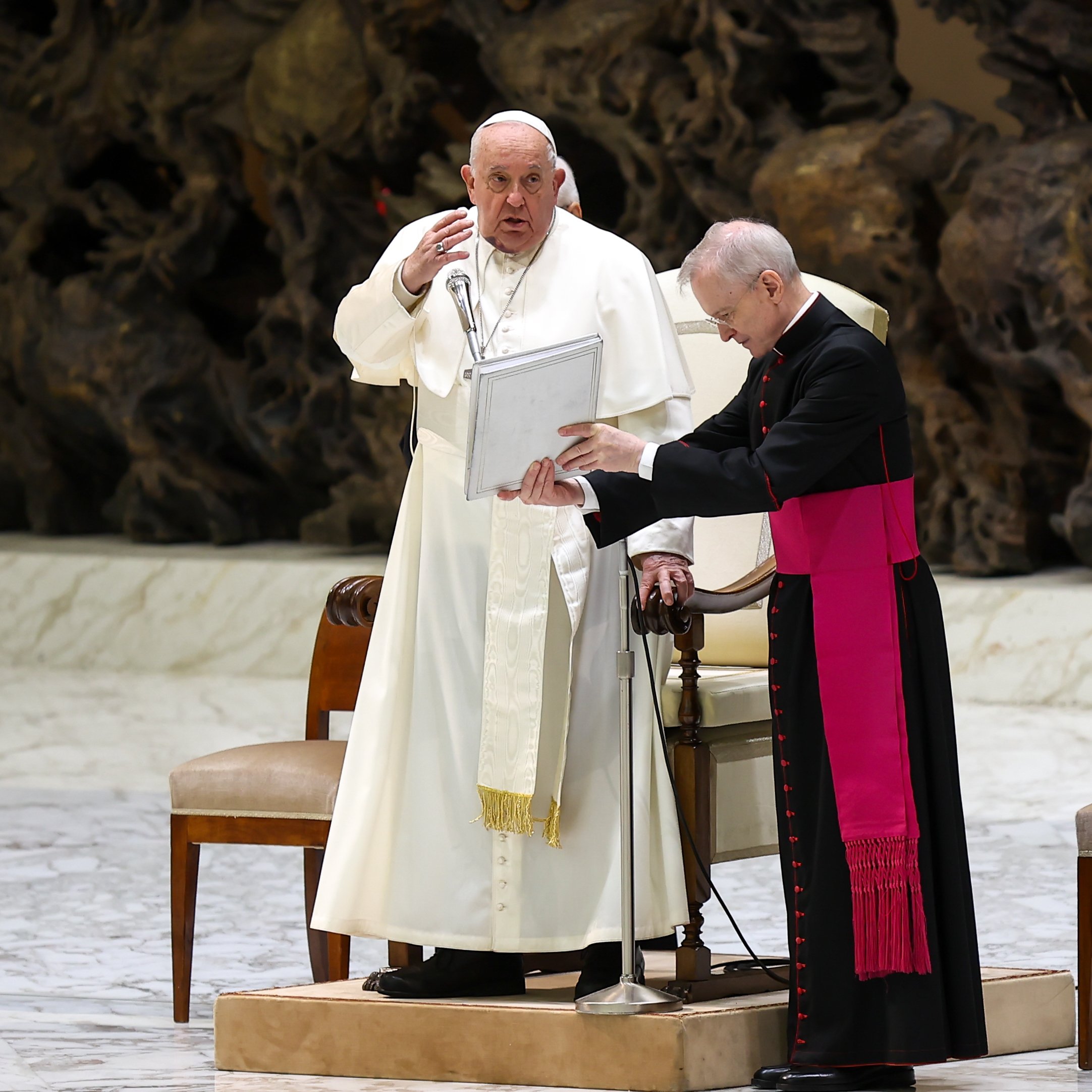The transformation begun with Pentecost is nurtured through the Eucharist
What does it mean to be a “temple of the Holy Spirit?”

In the tapestry of the Catholic faith, the feast of Pentecost and the sacrament of the Eucharist stand as pillars of divine grace and transformation. These sacred mysteries commemorate pivotal moments in salvation history and invite believers into a profound personal encounter with God, transforming them into living temples of His presence. To fully appreciate this transformation, it is illuminating to recall the vision of Ezekiel, where the presence of God departed from the temple in Jerusalem, signifying a moment of profound loss and foreshadowing a future hope fulfilled in Christ and the Holy Spirit.
In the Book of Ezekiel, we find a powerful narrative where the glory of the Lord departs from the temple (Ezekiel 10:18-19). This event symbolized the withdrawal of God’s presence due to the infidelity and sins of the people. The temple, once the dwelling place of God among His chosen people, was left desolate. However, this departure was not without hope, as it set the stage for a new covenant and a new kind of temple — one not made by human hands but built within the hearts of believers.

The Feast of Pentecost marks the fulfillment of this hope. Fifty days after Easter, the Holy Spirit descended upon the apostles and Mary in the Upper Room, transforming them into fearless witnesses of the risen Christ. This outpouring of the Holy Spirit was not a one-time event but the inauguration of a new era in which God’s presence would dwell within each believer. The tongues of fire that rested upon the apostles signified the purification and empowerment necessary for them to become living temples of God’s presence. Pentecost is, therefore, a celebration of the Church’s birth and a reminder that each baptized Christian is called to embody the presence of God in the world.
The transformation initiated at Pentecost is continuously nurtured and sustained through the sacrament of the Eucharist. In this sacrament, we believe that the bread and wine truly become the Body and Blood of Christ through the power of the Holy Spirit and the words of consecration. This mystery of transubstantiation is not merely symbolic but a real and substantial presence of Christ. When we receive the Eucharist, we partake in the divine life of Jesus, allowing His presence to dwell within us in an intimate and transformative way.
By receiving the Eucharist, we are united with Christ and one another, forming a single body, the Church. This union transforms us, enabling us to live out our calling as living temples of God’s presence. Through the grace of the Eucharist, we are empowered to bring Christ’s love, mercy and truth to the world, making His presence tangible in our daily lives.
Thus, the feast of Pentecost and the sacrament of the Eucharist are deeply intertwined in their transformative power. Pentecost reminds us of the indwelling of the Holy Spirit, who makes us temples of God’s presence, while the Eucharist continually renews and strengthens this divine indwelling. Together, they fulfill the promise hinted at in Ezekiel’s vision, where God’s presence, once departed from the physical temple, finds a new and everlasting home in the hearts of the faithful.
Therefore, we are transformed into bearers of divine love, commissioned to build the Kingdom of God here on earth. Let us embrace this sacred transformation with faith and fervor, allowing the presence of God to shine through us, and by word and action, become new “meeting places” between the human and the divine.






